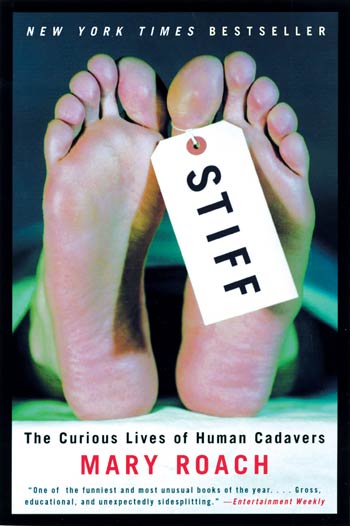Like my homey who cut off his own fingers, a guy who gets guillotined probably doesn't even have enough time for any sensations of "pain" to register in his consciousness.
Probably? So you're not sure?
To call an informed expert opinion a mere "guess" is indeed the epitome of "sophistry," Kicky, sorry.
I think i've acknowledged the guess is educated. Educated guesses, by nature, have more probability of being correct than a pure guess. But they are still uncertain or indefinite by nature.
If I took a tape measure and measured sumthin to the 1/16th of an inch, but could not be more precise than sayin sumthin like: It's closer to 29 feet, 6 and 5/16 inches than it is to either 1/4 or 3/8 inches, you would presumably call that a "guess."
Now this is sophistry. The only purpose of this example is to obfuscate, rather than rebut, the counter-argument.
Key difference: You'd have MEASURED something.
We have no indications that anyone has EVER measured chemical, electrical, or perceptive conciousness of someone who has been decapitated via guillotine.
Your link (which again, cites to an article which does not exist, a detail you curiously omit to discuss) starts with some things we know and reasons forward to make a prediction about what happens in the brain when someone's head is removed. In the nomenclature of the scientific method, this is what's known as the "hypothesis" phase. You're attempting to cast a hypothesis as something that's actually been tested.
By comparison in this very thread someone discussed, without citation, an instance where physicians measured the heart rate of someone who was killed by firing squad. That's an attempt to discover how long it took someone to die. We have no equivalent study, at all, for decapitation. What we have are educated guesses based upon some other things we know.
Aint, I'm really trying not to get into it with you but you make it difficult when you resort to name calling and labeling such as labeling a very simple and consistent argument sophistry. These are things that made you one of the most despised posters on the old board, eventually getting banned, and is presently contributing to your racing out to having the lowest rep on the current board. Maybe it's time to take the hint.

